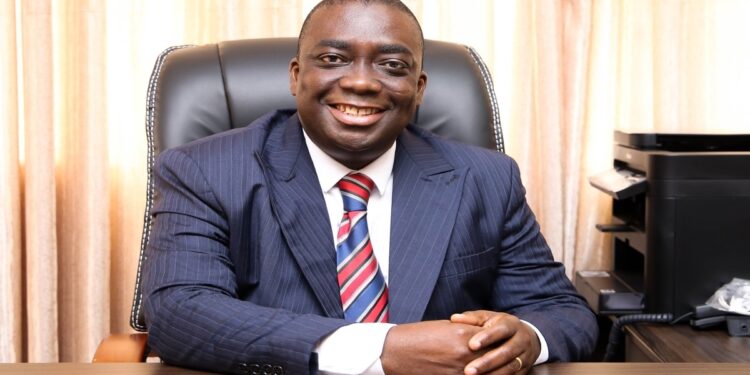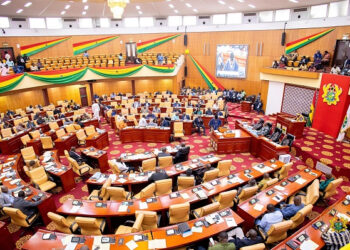The Director General of the Institute of Educational Planning and Administration at the University of Cape Coast, Dr. Michael Boakye-Yiadom says the government of Ghana must immediately act on the concern raised by the IMF about government’s flagship Free Senior High School.
The International Monetary Fund (IMF) recently in its country report on Ghana said although the Free SHS programme which covers the full cost of secondary education has increased enrollment, it is poorly targeted.
To Dr. Boakye-Yiadom, this means that in providing support for education and in the case of Ghana, in providing financial support for free senior high education, it has become difficult for government to draw the line as to who benefits and who doesn’t benefit.
He ascribed the reason to the unavailability of reliable data on income levels.
“And some of the reasons are the fact that we don’t seem to have very reliable data on income levels,” he said in an exclusive interview with ATLFMNEWS on Tuesday, May 23.
Suggesting ways government and stakeholders can help address this worrying situation Dr. Boakye-Yiadom indicated that government must draw a cut-off point for those who qualify or otherwise.
“For a government to be able to target properly, draw a cutoff point and indicate that income levels above this particular amount qualify or don’t qualify, and those below this particular amount qualify.”
“To be able to do that very well, citizens must be able to report fruitfully about their income and government should have systems in place to check whether the report from citizens is truthful. And if you don’t seem to have these two conditions, it is difficult to draw the line” he continued.
The IMF also said Ghana’s government spends close to 4 percent of its GDP on education with good results in terms of enrollment but poor learning outcomes.
Sharing his thoughts on the poor learning outcomes in Ghana’s education system, Dr. Michael Boakye-Yiadom said he believes this is a global learning crisis.
“This is not me. It is something that we all know already. And let me go back a little bit to 2013. In a UNESCO 2013 report titled, The Global Learning Crisis; Why Every Child Deserves Quality Education, UNESCO makes clear that globally, we are facing learning crisis and learning crisis as described by UNESCO at the time is the fact that in spite of the increase in enrollment and access to education globally, learning outcomes remain poor, especially in developing countries.”
Read also: I don’t see any reason I should resign – Freddie Blay
Source: Rosemond Asmah/ATLFMNEWS



























